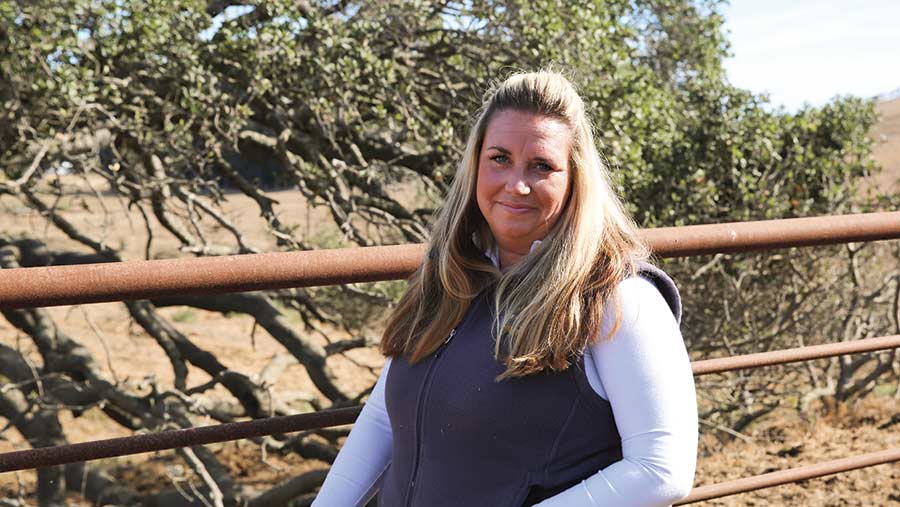Farmer Focus: Time to spring-clean the farm
 ©Brianna Frey
©Brianna Frey Spring-cleaning is normal for many people in their houses, but on our farm I have been spring-cleaning outside.
Recently a cattle buyer approached us about purchasing a load of organic cows for dairy purposes.
Normally one might say no. However, I had to consider the whole picture.
The creamery applies a production base to us, where milk produced in excess of the base only earns the conventional price, which is half that of organic.
Our pasture is also so wet from extreme rainfall that we will have a shorter grazing period and the price offered for the cows was reasonable.
See also: More from our Livestock Farmer Focus writers
All things considered, I found it best for our farm to reduce herd size and reap the rewards of a decent price for first-lactation milk cows.
My neighbour was also lucky enough to sell three truckloads of cows to the same buyer.
Watching egg trends
In the egg industry, trends show that egg sales decrease during the spring. Our business is starting to see small signs of this reflected in orders over the past two weeks.
To prepare, we are evaluating the sales demands over the next six months. Since our laying hens are also pasture based, it is important not to overgraze our fields with them either.
Spring-cleaning also creates a good opportunity to evaluate projects to get working on during the next six months while our weather is co-operating.
Adding water
A simple project I hope to get accomplished in the coming months is adding water troughs to our holding corral at the milk barn.
Milk is primarily made up of water (86%) and it’s obvious that big Holsteins drink a lot of water to produce milk. I have observed the behaviour of our cows – mostly in the afternoons – as they come to the barn to be milked.
Cows get up and want to drink as they are walked out of the barn, but most cows don’t get a chance. They search the runways, often drinking from pools around the corral.
If a cow is later in the group, it could be one-and-a-half hours before she returns to her pen where she can access water.
Ideally upon her return she would head straight to the feed bunk rather than the water trough. More to come on my water troughs soon.
Jessica McIsaac milks 350 pedigree Holsteins in Petaluma, California, with her husband Neil. They sell organic milk and also have 6,000 laying hens.
